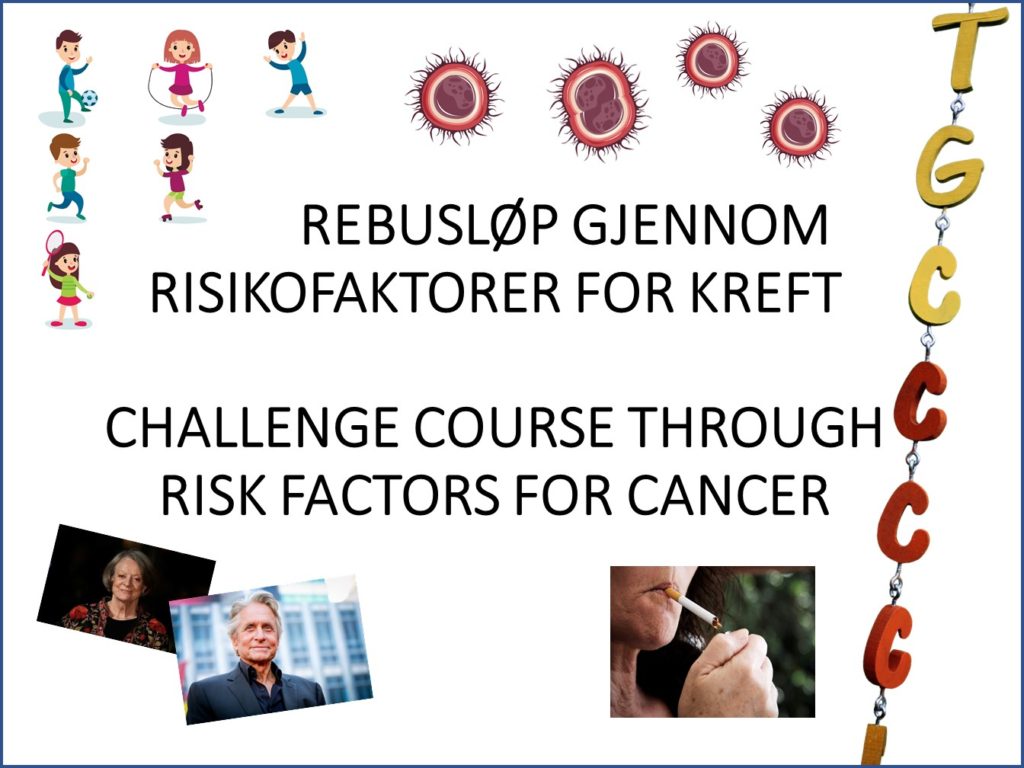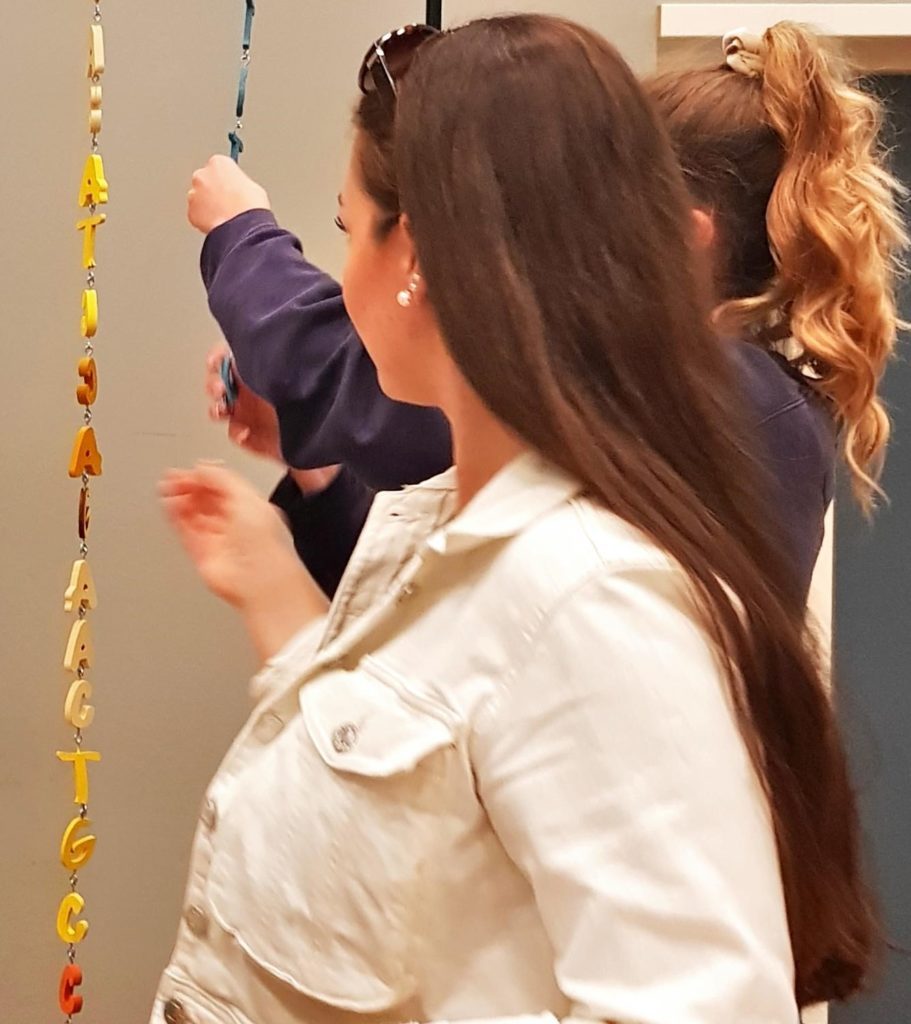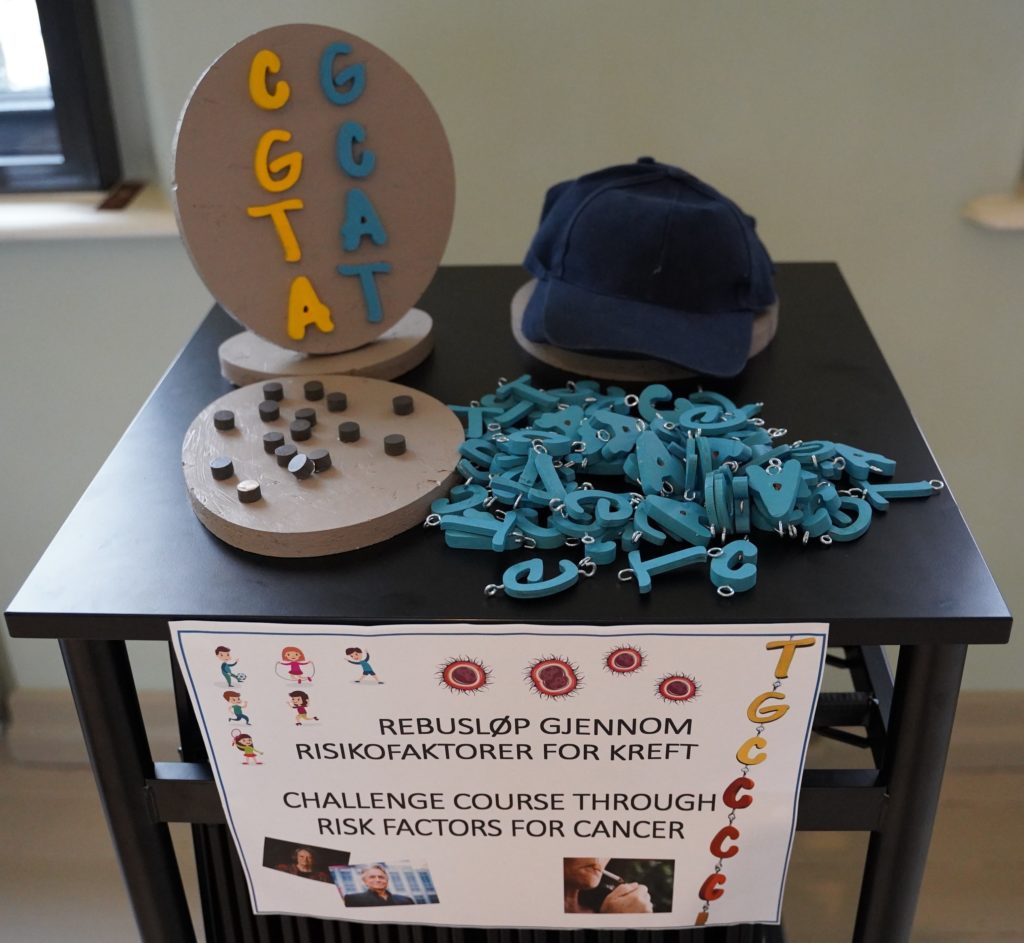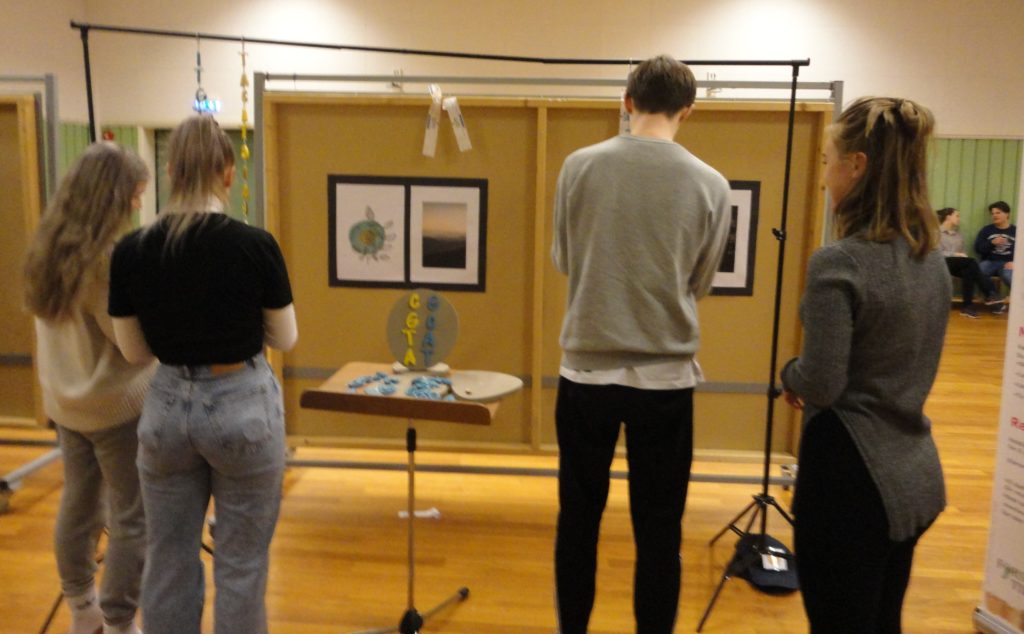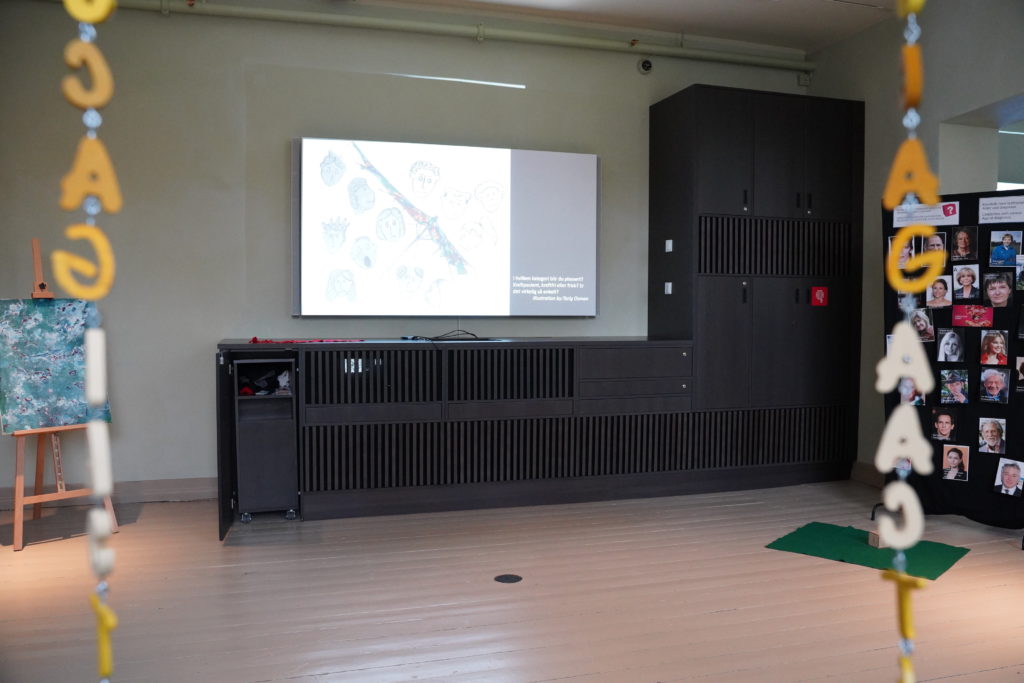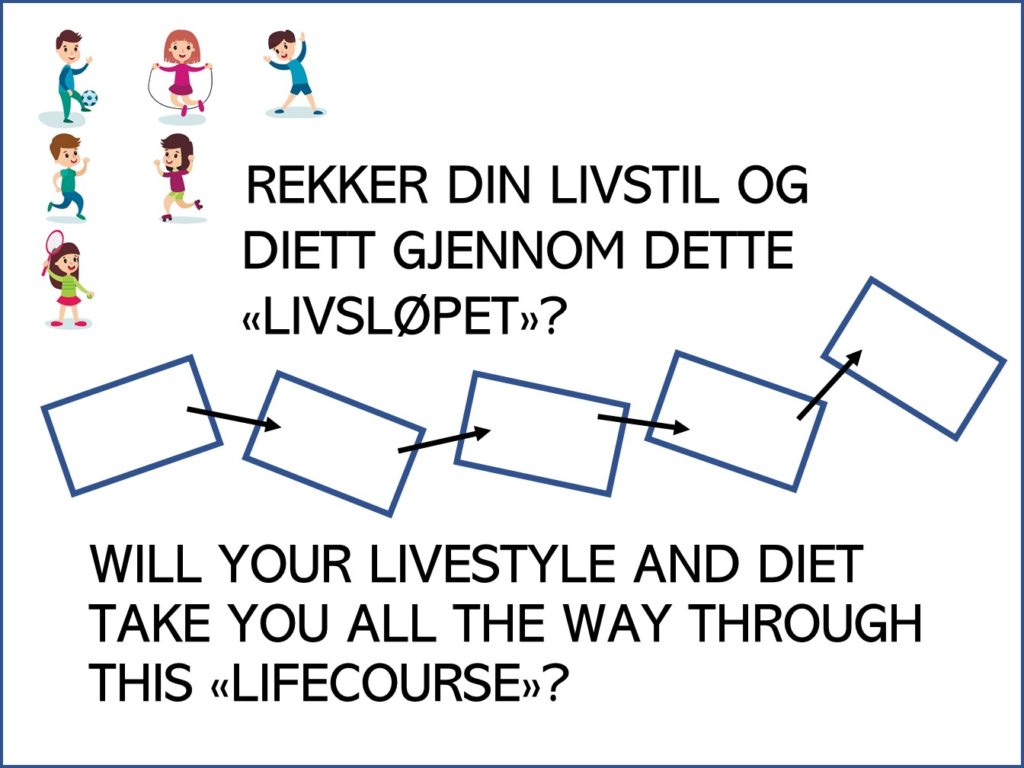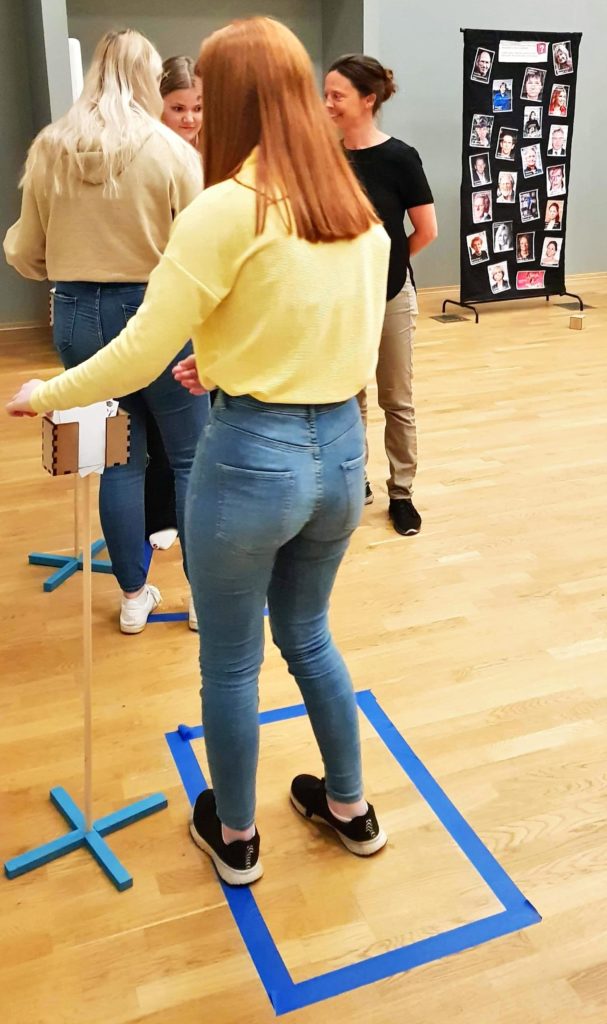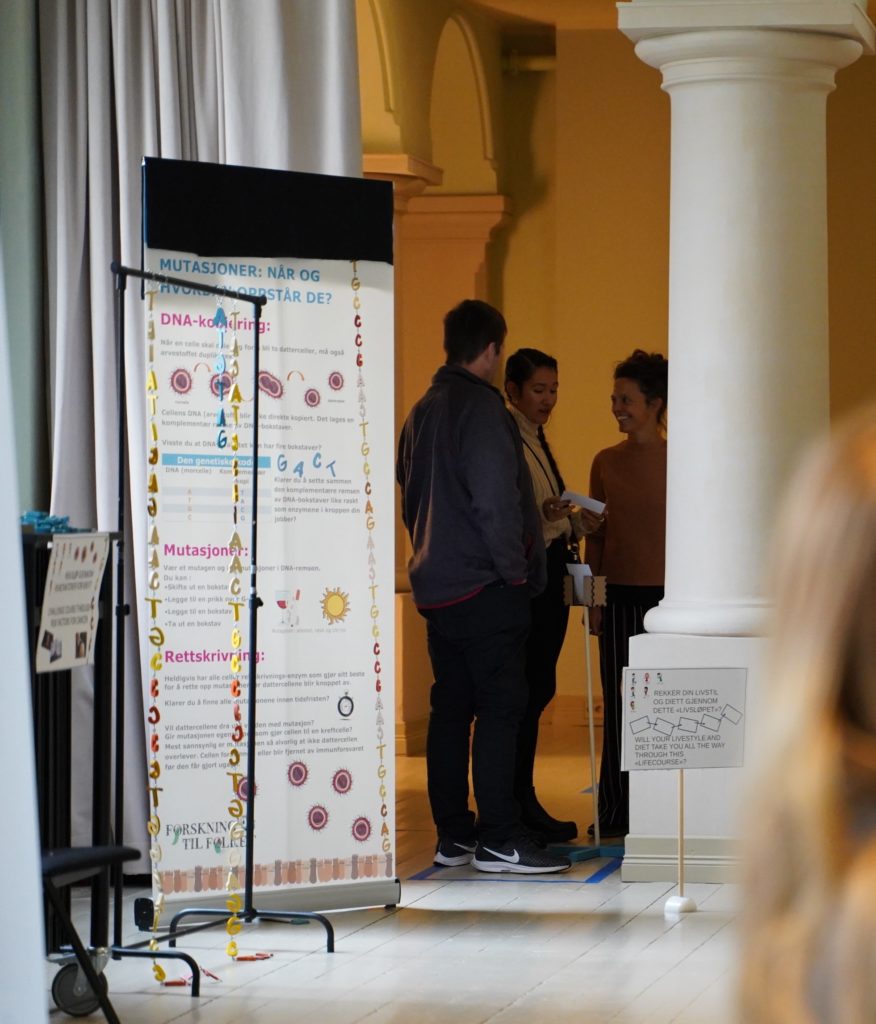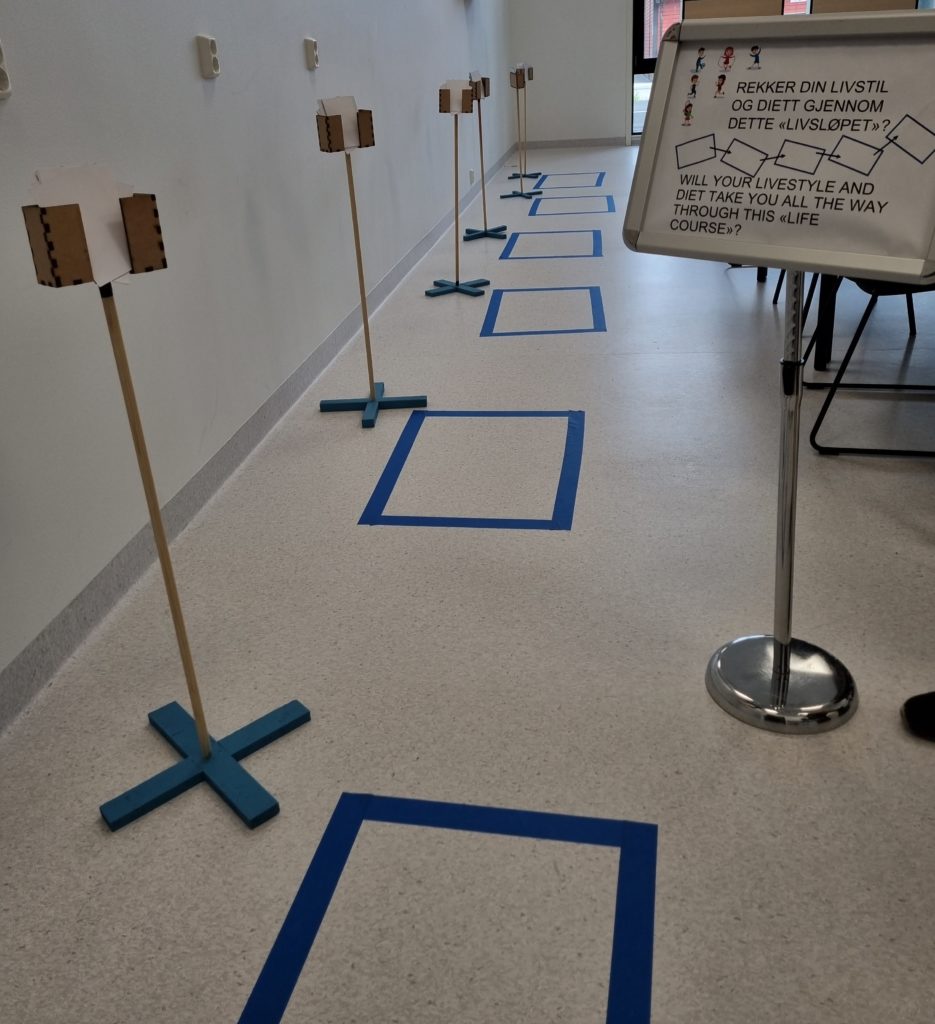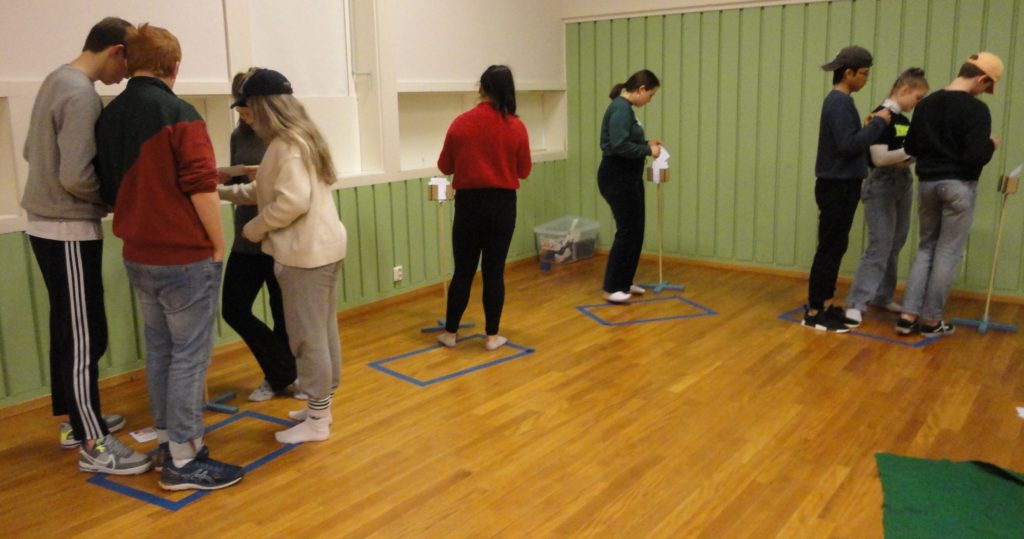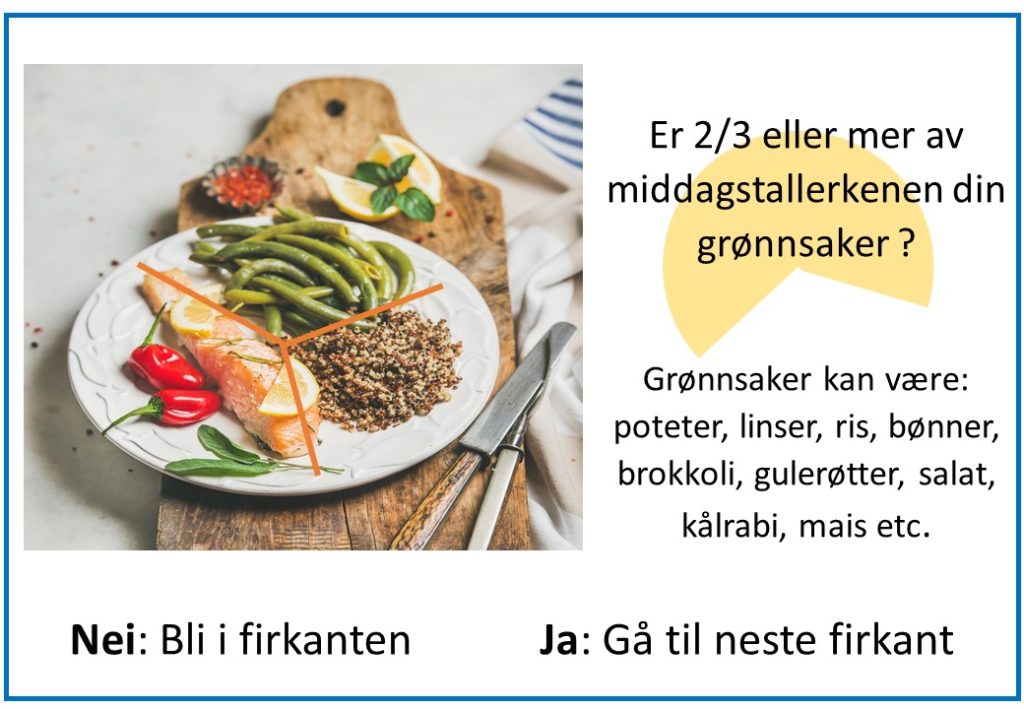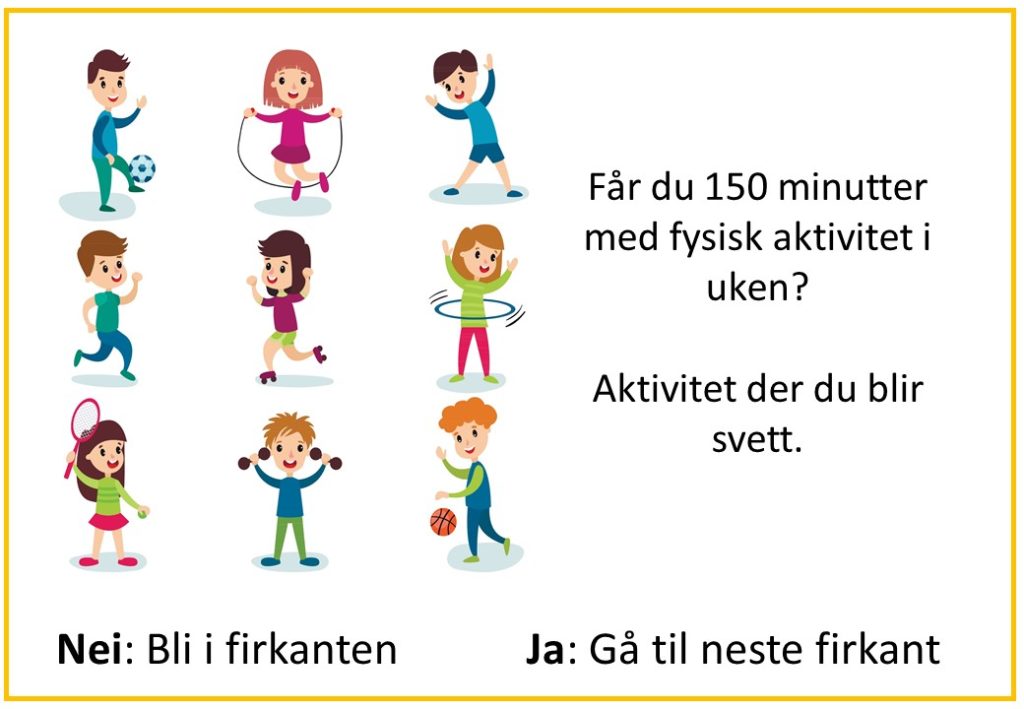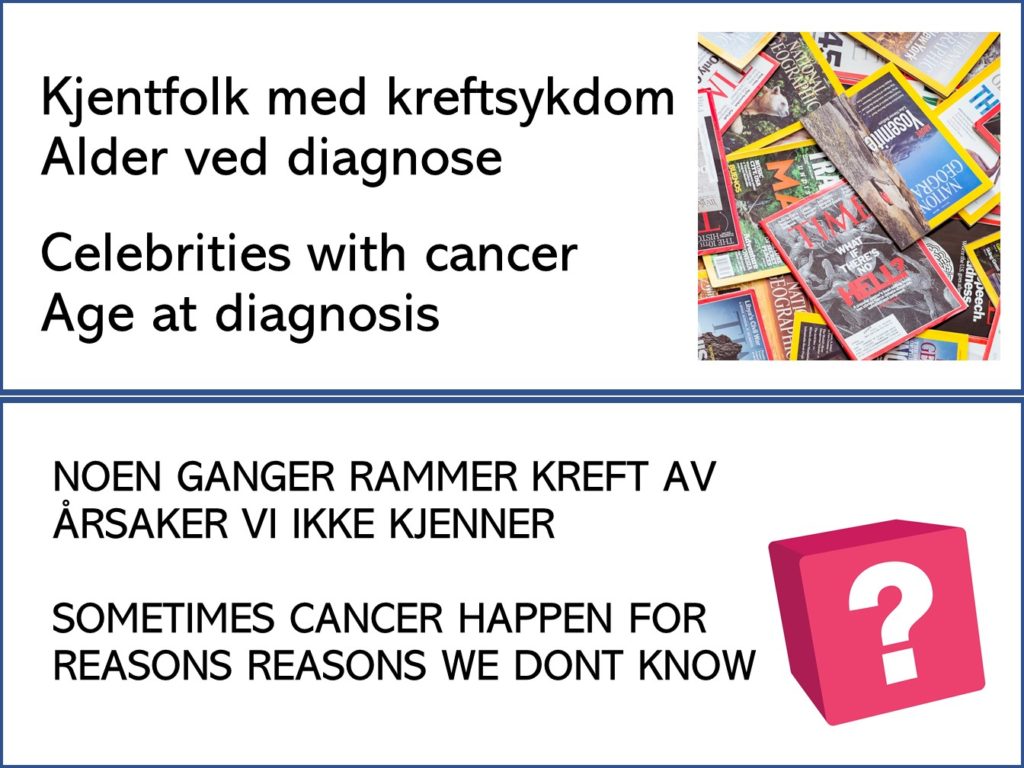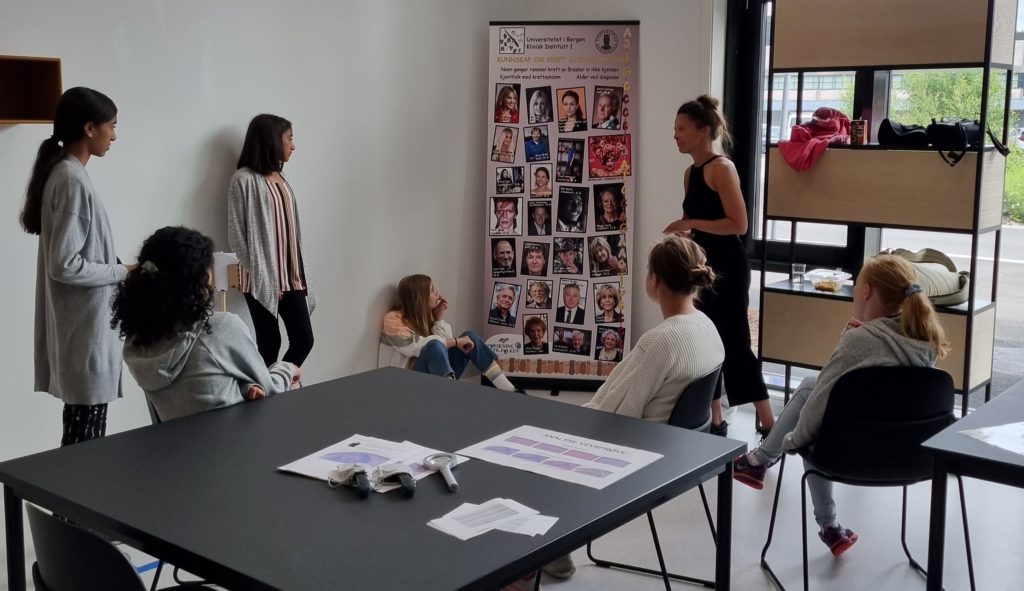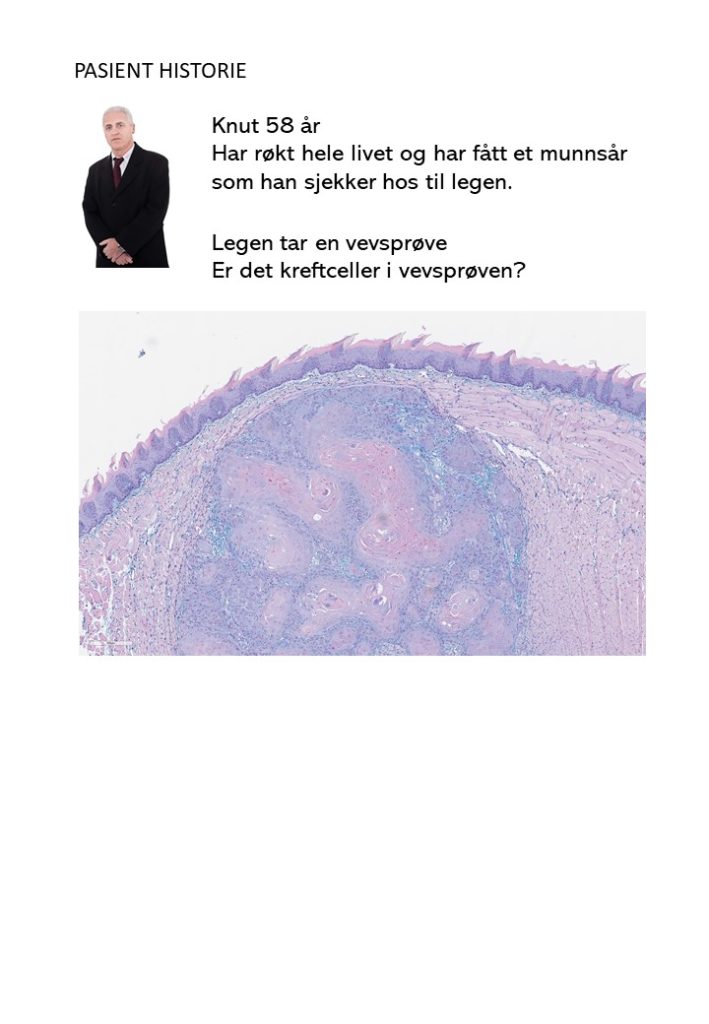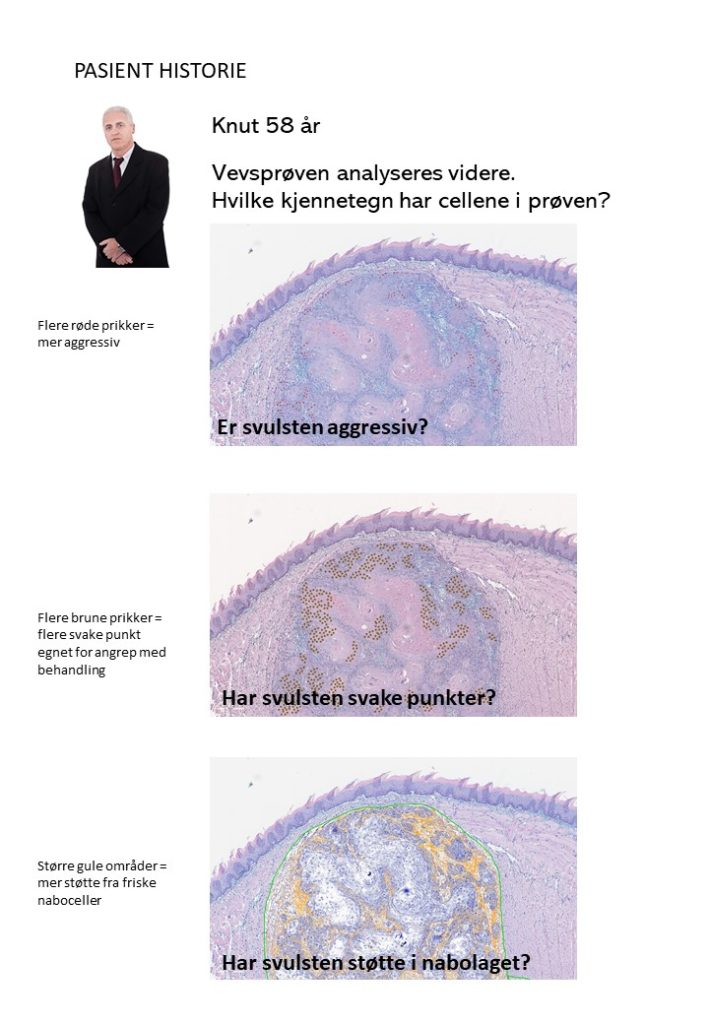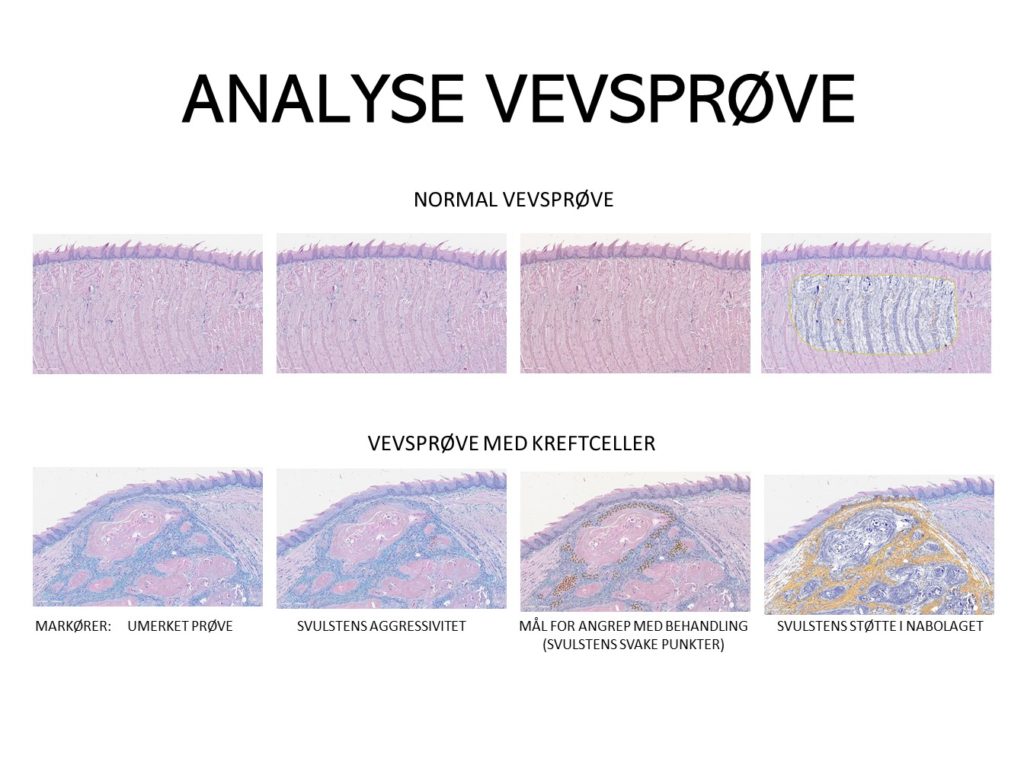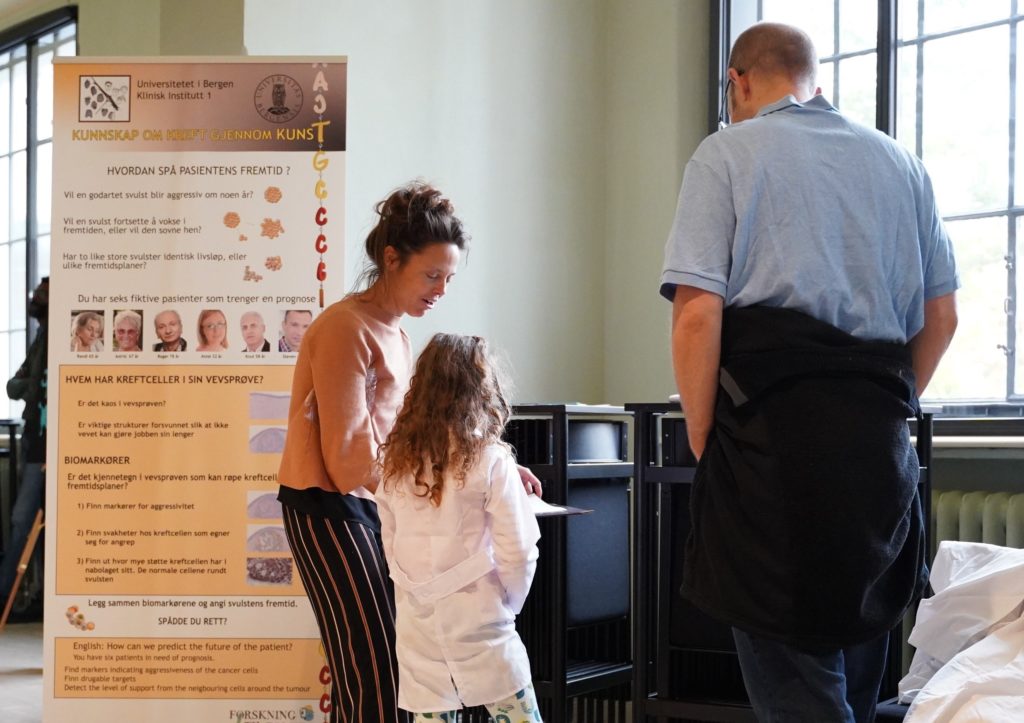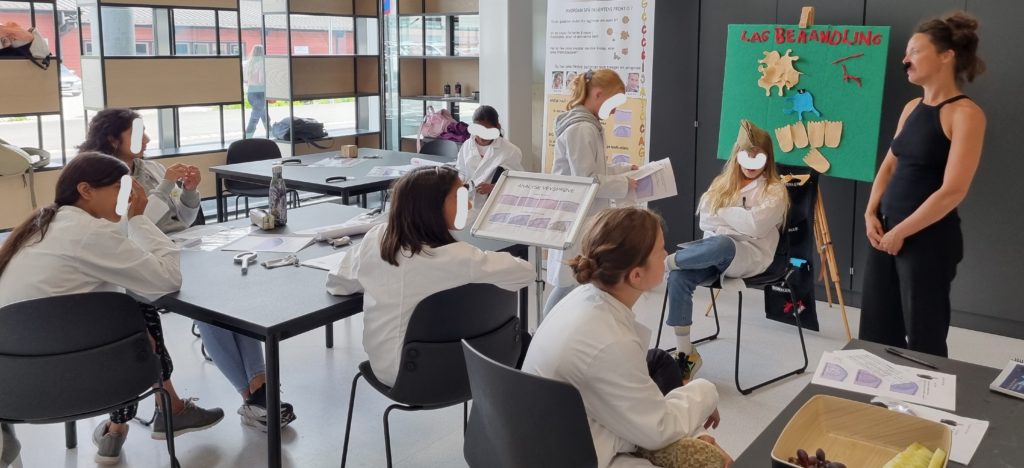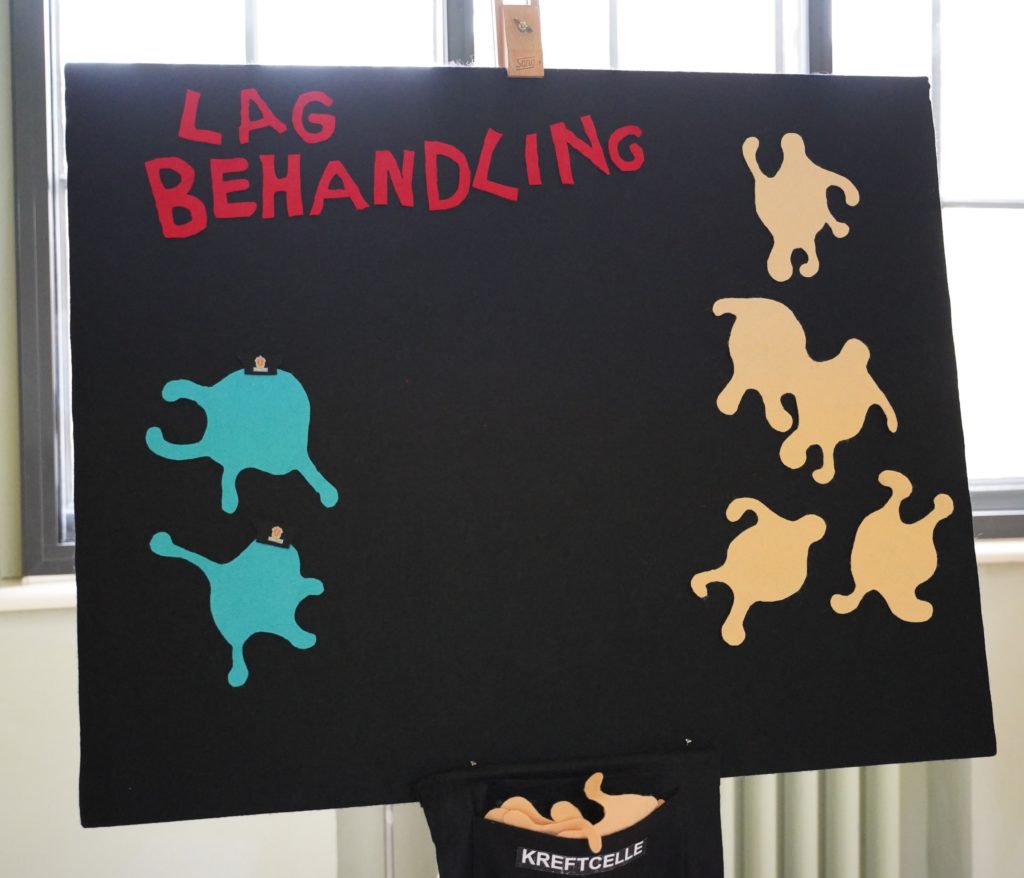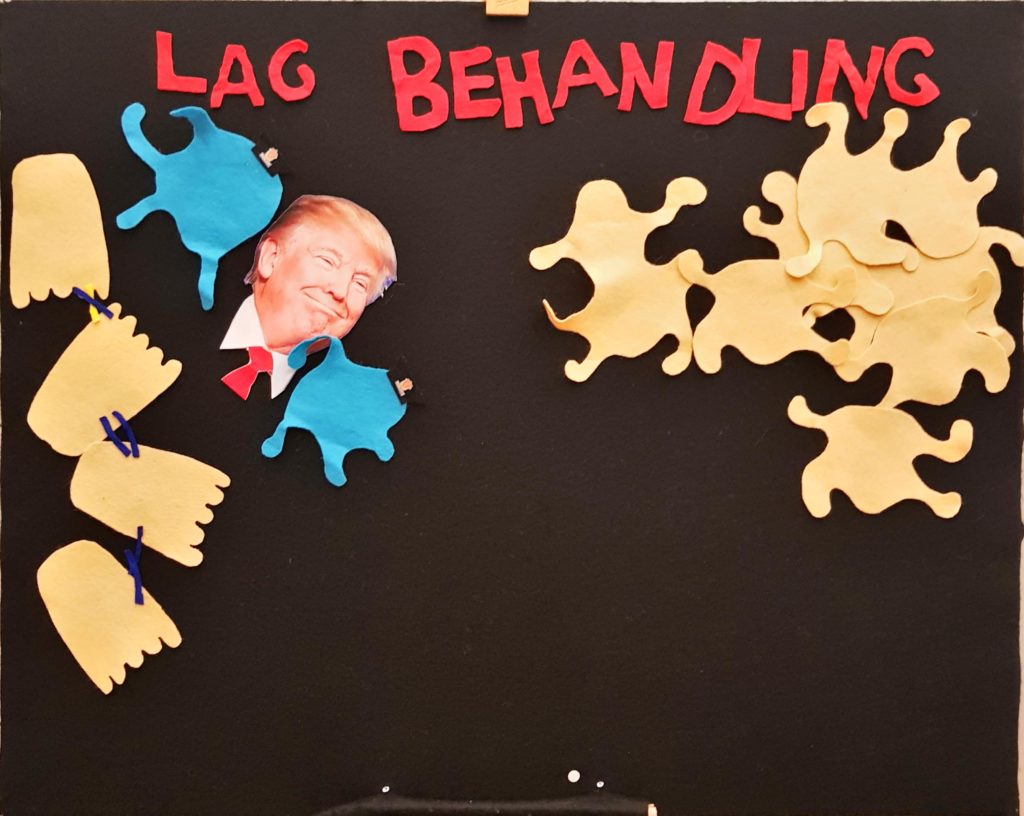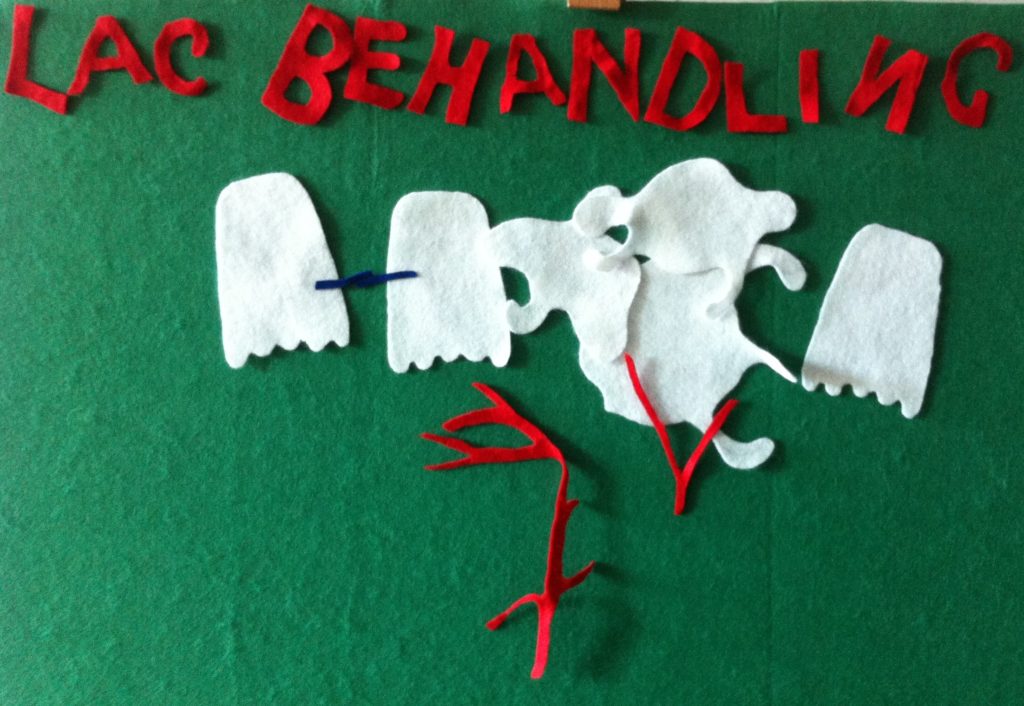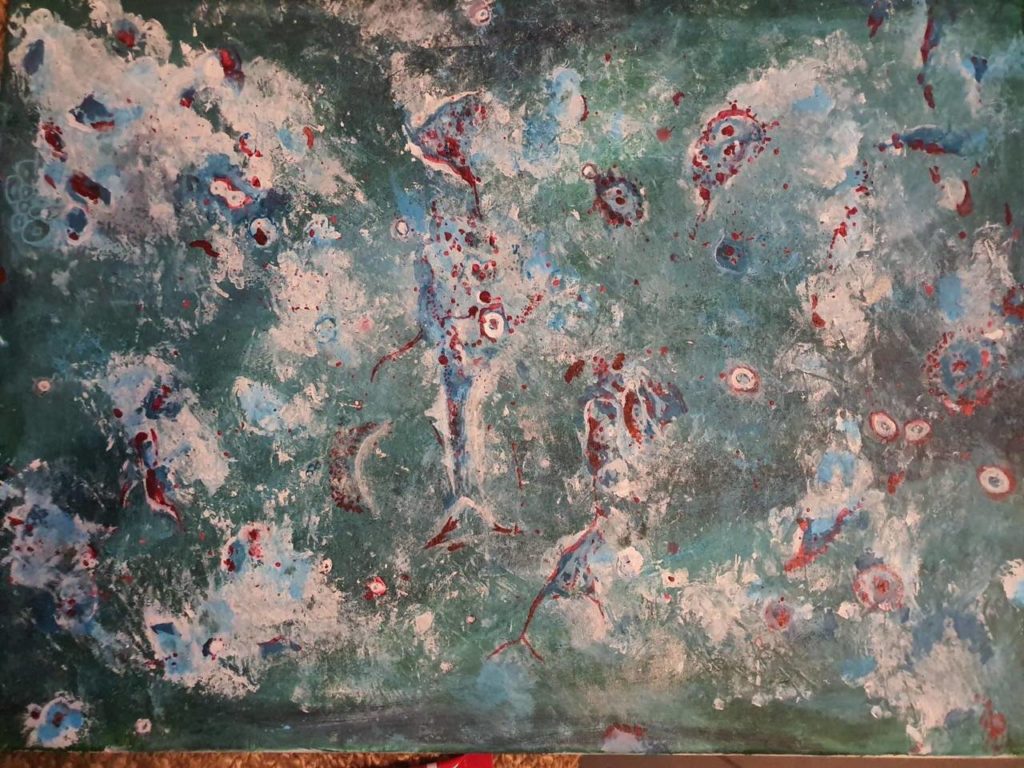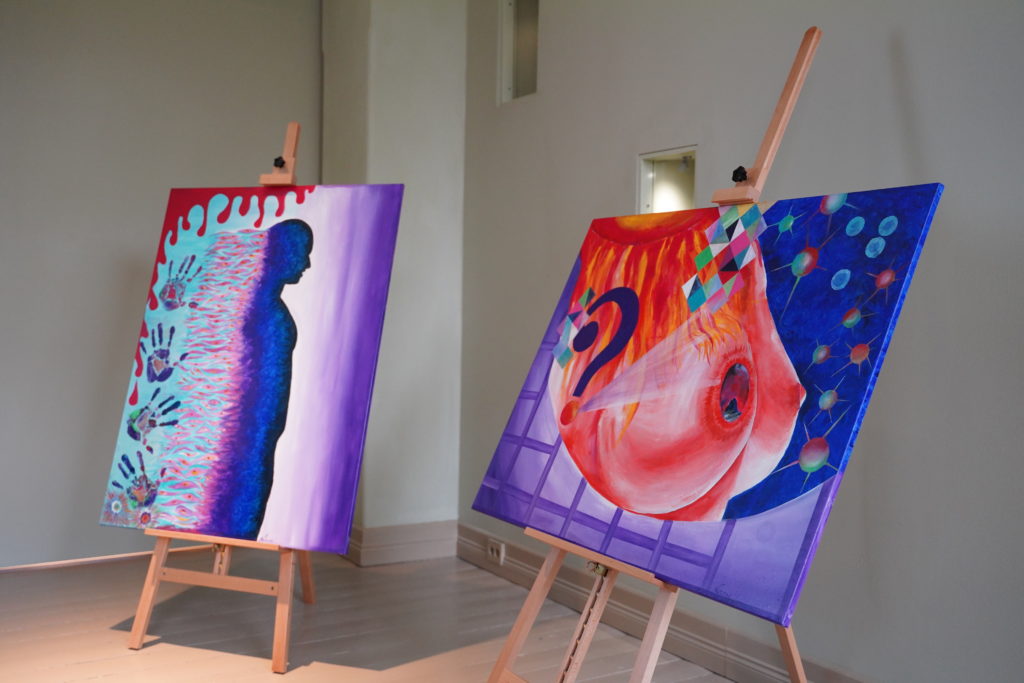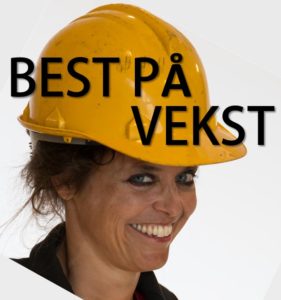
The project “Learn About Cancer Through Art” with initial funding from the University of Bergen aims at using art as a tool to disseminate knowledge about cancer biology in a non-sensational manner. We collaborate with artists, involve them into active discussions about selected aspects of cancer biology, and challenge them to transform their experience from the laboratory into art. This way we can offer university level science to the public communicated in ways intuitively understood without science background. The project uses short film, theatre, installation, paintings and photo
The cancer cell scams and persuades normal cells in the body to surrender organs and downright contribute to invasion and growth. We can hardly blame them, it is no easy matter to resist the cancer cell’s manipulation and winning charm.
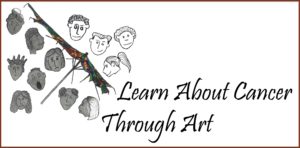
In the exhibition “Learn About Cancer through Art”, cancer science from the University of Bergen is disseminated to the public through the art forms theatre, film and installations. Here you can see movie screenings, performances, take part in challenge race and go through activities about cells and cancer.
Exhibition Program:
Challenge course through risk factors for developing cancer.

Can you copy DNA without creating mutations?
Does your diet and lifestyle make life difficult for a mutated cell, or is the mutated cell encouraged to develop into a tumour?

Do bad luck play a role in causing cancer, or do you think everything in life happens for a reason, including cancer?
AT THE DOCTOR’s:
What might be the crystal ball we need to predict the patient’s future?
Predict the future of a patient’s cancer disease.
How much uncertainty can the patient accept?
How certain can the doctor be when deciding on a prognosis?
SHORT MOVIES about the cancer cell:
She is the World’s Worst Colleague. Employed in the corporate body, where she takes advantage of her position in the most terrible manner.
The cancer scientist introduces: Why do you need to know how a cancer cell thinks?
Normal cells require growth signals from their surrounding in order to move into an active proliferative state. Cancer cells are self-sufficient and do not depend on such signals to grow.
Oxygen and nutrients supplied by blood vessels are necessary for survival of all types of cells. Cancer cells have the ability to recruit blood vessels to secure continuous supply of food, blood vessels they don’t even use effectively.
Cancer cells have the ability to escape surveillance by the immune system by hiding their identity as “bad” cells.
During tumour development, some cancer cells acquire the ability to leave the primary tumour mass, invade their surrounding and take up the space there. Some of those might even travel to distant sites via blood or lymph vessels where they might succeed in forming new colonies.
SOCIAL AND ETHICAL ASPECTS OF CANCER SCIENCE – Podcast
Challenges related to precision cancer medicine.
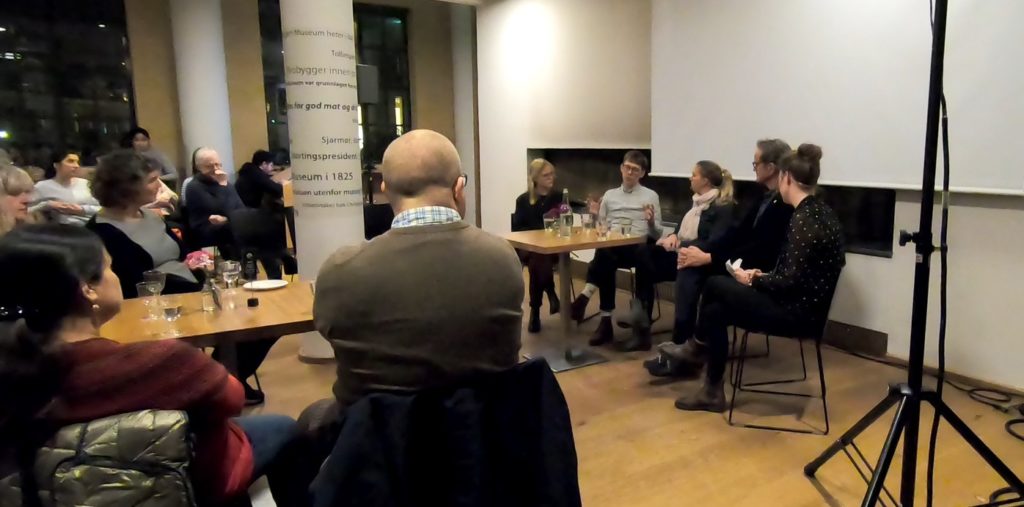
Precision cancer medicine is seen by many as a revolution for future cancer patients. Nevertheless, the current debate is characterized by friction between soaring expectations and an apparent lack of political will to focus on these new forms of treatment. What is the reason for this paradox? How long is it before precision cancer medicine is offered within the public health system?
We gathered a selection of researchers to discuss what challenges health care is facing now that we are entering a new era of cancer medicine. The participants were: Ola Myklebost, professor at UiB and head of the Norwegian Cancer Genome Consortium.
Eirik Joakim Tranvåg, physician and doctoral fellow at UiB.
Mille Sofie Stenmarck, medical student at UiB.
The talk was led by a physician and doctoral fellow at UiB Caroline Engen and postdoctoral fellow at Haukeland University Hospital Monica Hellesøy.
PERFORMANCES:
“Stine Stem Cell Finds Herself” A performance about identity and phenotypic plasticity. Suitable for grade 5-8
We offer “Course in Carcinoma”. The cancer cell has plenty of experience with terrible management, and have several strategies to share with emerging entrepreneurs. The cancer cell’s strategies can guarantee a huge, but extremely short-term profit. The lecture is suitable for secondary school, high school and adults
CANCER CELL ON THE WALL: Paintings and Photo
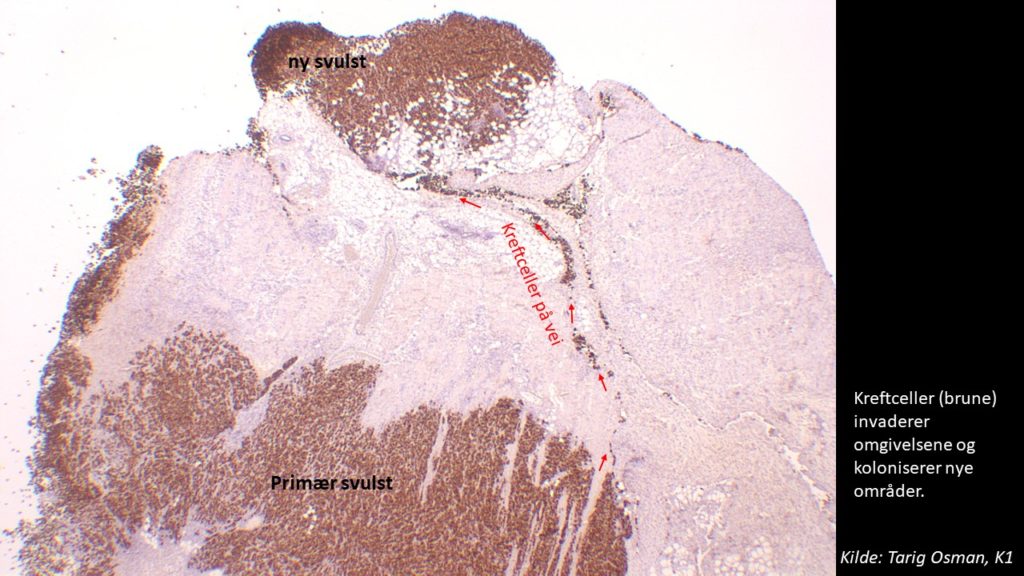
Painters contributed with the images “Invasion”, “Silent Attack” and “Why Me?”
